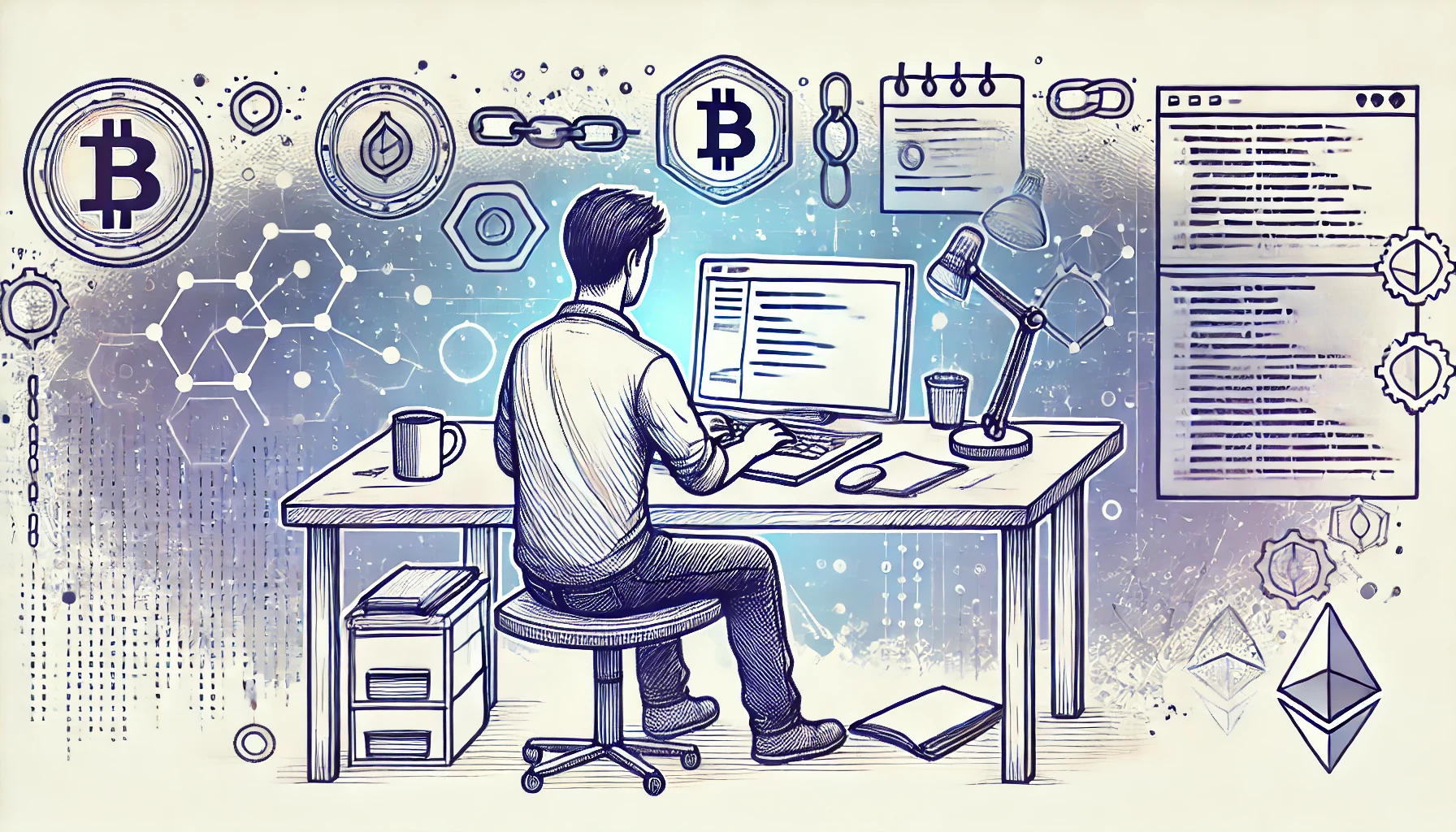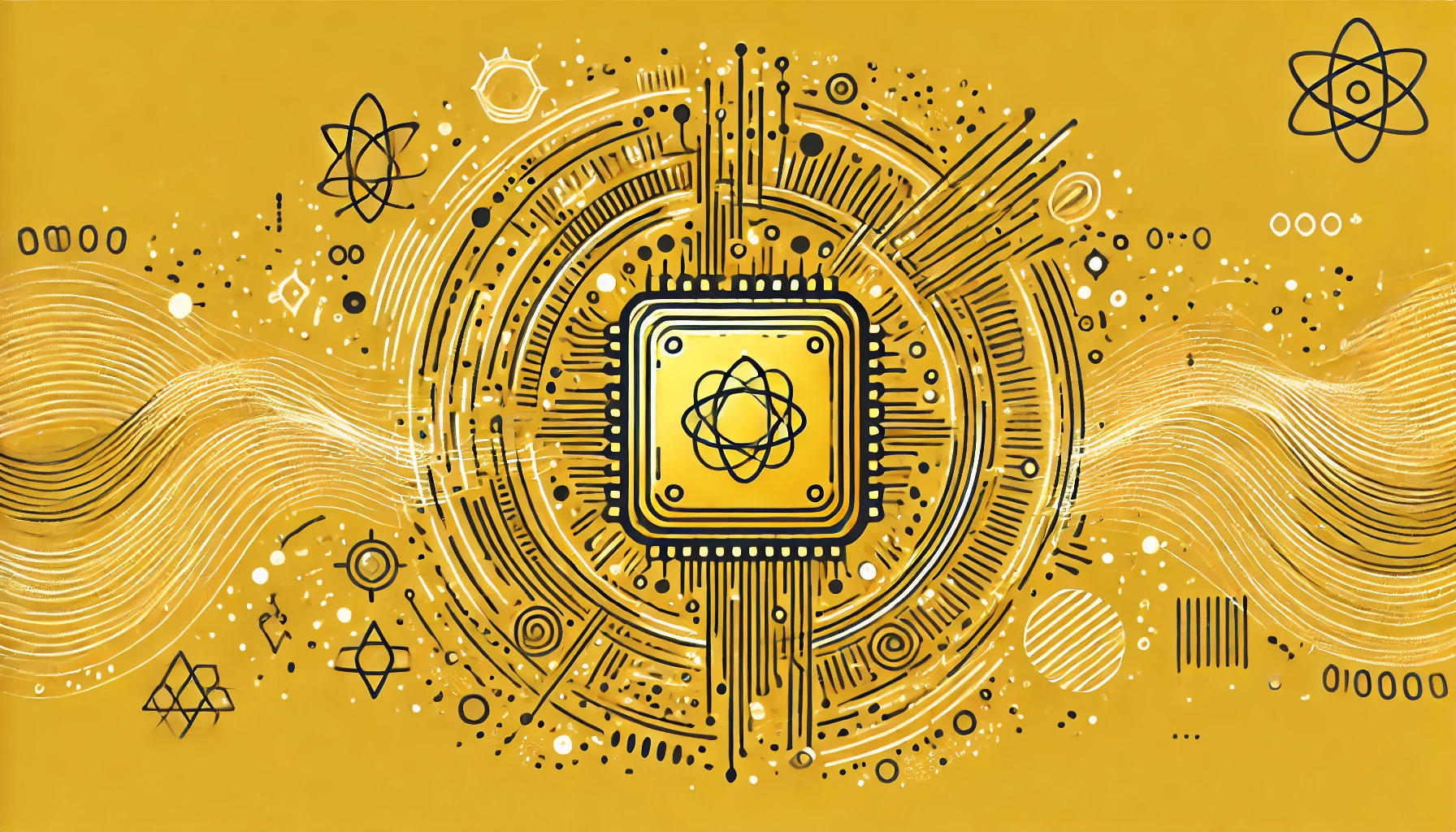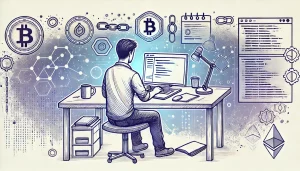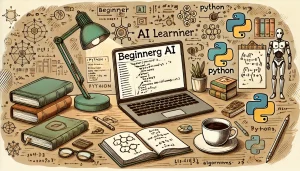Quantum Leap: How to Break Into Quantum Computing Before 2025
Quantum computing isn’t just a buzzword; it’s a technological revolution that’s reshaping industries and challenging the very limits of computation. From cryptography to drug discovery, this field promises breakthroughs that were unimaginable just a decade ago.
But let’s face it—quantum computing can feel intimidating. Complex equations, unfamiliar concepts, and futuristic jargon might make it seem inaccessible. Here’s the good news: it’s not. With the right mindset and tools, you can break into this exciting field before 2025. Let’s explore how.
Why Quantum Computing Is Worth Your Attention
Let’s start with the obvious: why should you care about quantum computing?
- Explosive Growth: The global quantum computing market is projected to reach $5 billion by 2025. Companies like Google, IBM, and Microsoft are heavily investing in quantum technologies.
- High Salaries: With a limited talent pool, quantum computing specialists often command salaries exceeding $150,000.
- World-Changing Applications: Quantum computing could revolutionize logistics, AI, cryptography, and even climate modeling.
When I first learned about quantum computing, I was captivated by its potential to solve problems that classical computers struggle with, like simulating molecules for drug development. It’s not just fascinating—it’s impactful.
Understand the Basics: What Is Quantum Computing?
Before diving in, you need to grasp what makes quantum computing unique.
| Classical Computing | Quantum Computing |
|---|---|
| Bits represent 0s or 1s. | Qubits can be 0, 1, or both (superposition). |
| Operations are sequential. | Quantum algorithms leverage parallelism. |
| Limited by classical logic gates. | Uses quantum gates like Hadamard and Pauli. |
💡 Pro Tip: Start with beginner-friendly resources like Quantum Country to understand fundamental concepts like qubits, superposition, and entanglement.
Build Your Foundation: Essential Skills to Learn
Breaking into quantum computing requires a mix of theoretical knowledge and practical skills. Here’s where to start:
- Linear Algebra and Probability:
Quantum computing relies heavily on matrix operations and probabilities. Brush up on these topics using KhanAcademy or 3Blue1Brown’s videos. - Quantum Mechanics:
- Learn key principles like wave-particle duality and quantum states.
- Resources: Introduction to Quantum Mechanics by David Griffiths (book).
- Programming Skills:
- Python: Widely used in quantum computing libraries like Qiskit.
- Quantum-Specific Libraries: Learn Qiskit (IBM), Cirq (Google), or PyQuil (Rigetti).
Dive Into Quantum Programming: Tools to Get Started
You don’t need a quantum computer to learn quantum computing! Cloud-based platforms let you practice without expensive hardware.
- Qiskit: IBM’s open-source quantum programming framework.
- Try running quantum algorithms on real IBM Q machines for free.
- Google Cirq: Ideal for building quantum circuits and exploring quantum gates.
- Resource: Cirq Documentation.
- Azure Quantum: A Microsoft platform for running quantum simulations and learning quantum development.
🎯 Hack: Use Quantum Katas, a free set of exercises, to practice quantum algorithms interactively.
Make It Real: Projects to Build Your Portfolio
Building real-world projects not only solidifies your understanding but also impresses potential employers.
- Quantum Cryptography: Implement basic quantum key distribution (QKD) protocols.
- Grover’s Algorithm: Build a simple search algorithm to showcase quantum parallelism.
- Quantum Simulations: Simulate molecular behavior using Qiskit or other quantum libraries.
💡 Pro Tip: Document your projects on GitHub and explain them in plain language. Highlight what you built, why it matters, and what you learned.
Learn from the Best: Resources and Communities
One of the best ways to grow is by learning from others. Here are some resources and communities to tap into:
- Online Courses:
- Books:
- Quantum Computing Since Democritus by Scott Aaronson.
- Quantum Computation and Quantum Information by Nielsen and Chuang.
- Communities:
- Quantum Computing Stack Exchange: Great for asking technical questions.
- Reddit: r/quantumcomputing is active with discussions, news, and tips.
Certifications: Stand Out in a Niche Field
While still emerging, certifications can help demonstrate your commitment and knowledge:
- IBM Quantum Developer Certification: A beginner-friendly program to validate your skills.
- Microsoft Azure Quantum Developer Badge: Focused on quantum programming with Azure tools.
Final Thoughts: Your Quantum Journey Starts Now
Quantum computing may seem like an intimidating field, but it’s also one of the most rewarding. As I reflect on the journey into quantum computing, the most important lesson I’ve learned is this: curiosity trumps expertise. It’s not about knowing everything upfront—it’s about staying curious and persistent.
The demand for quantum computing specialists will only grow, and the opportunity to be part of this transformation is right in front of you. Start small—explore Qiskit, learn a few quantum gates, or dive into a beginner-friendly course. Every small step is a quantum leap toward mastery.
By 2025, you could be contributing to world-changing projects, solving problems that classical computing could never touch. So, what’s your next move? The future is quantum, and it’s waiting for you.














Post Comment